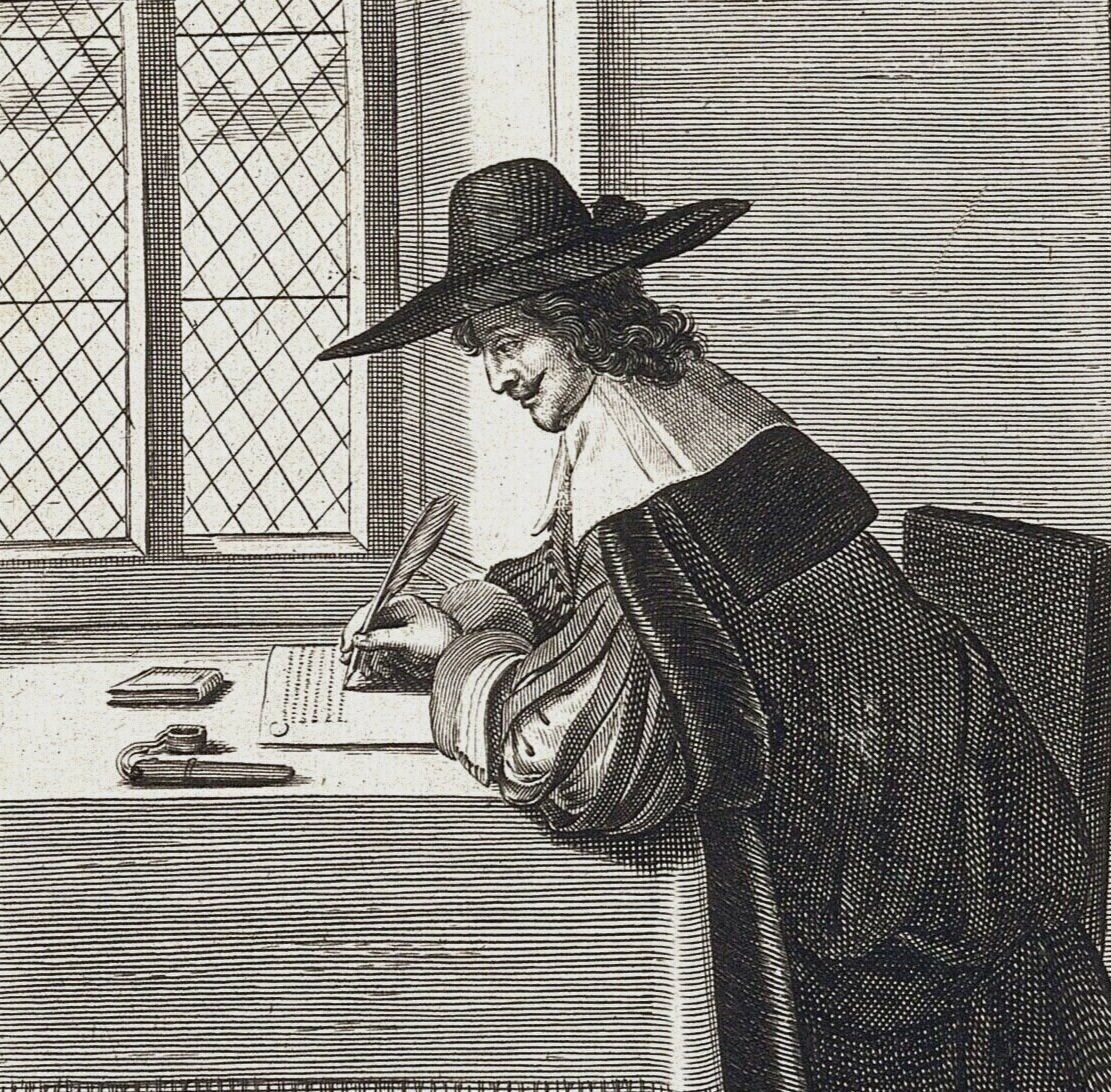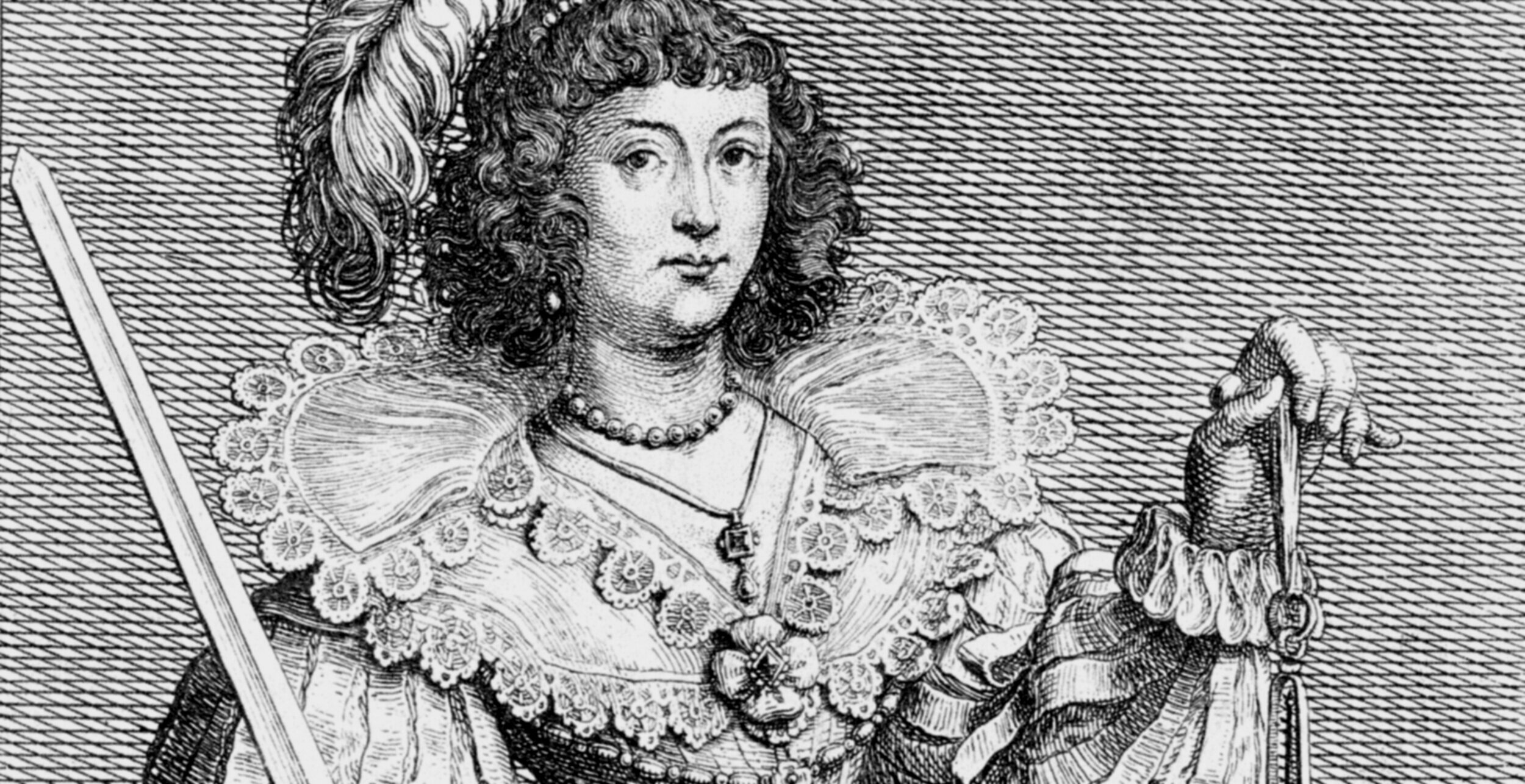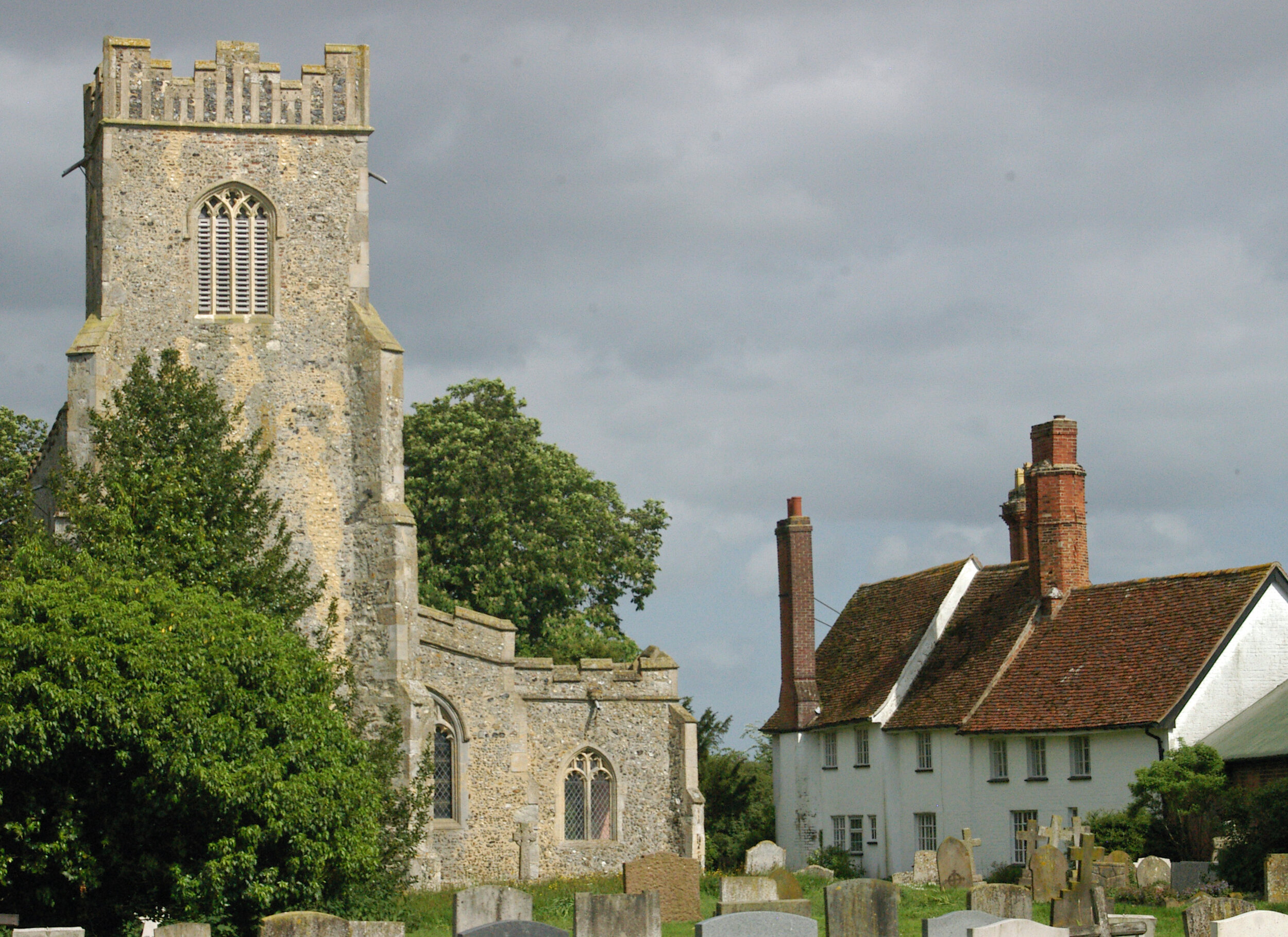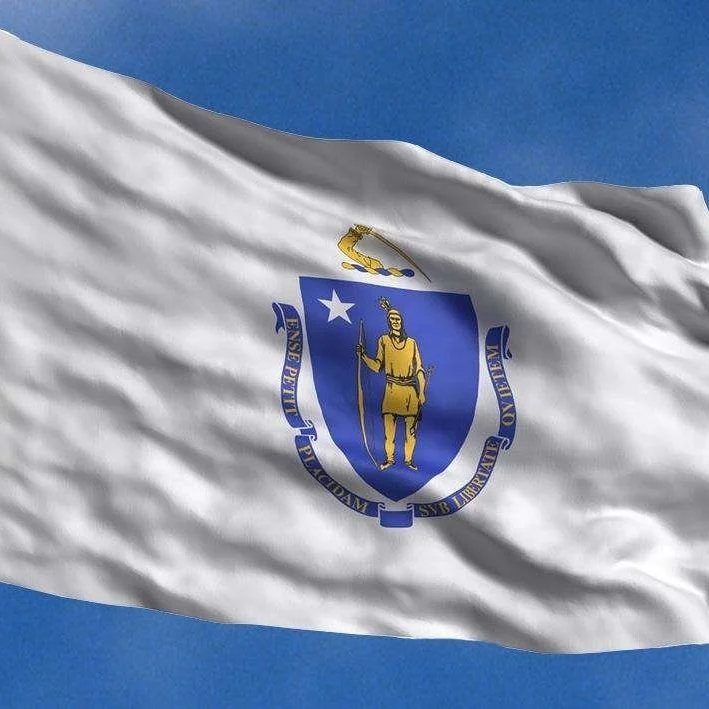
Join the 17th Century
Explore the story of early Boston, Massachusetts, and the wider 17TH century world
Founding rights and liberties
“No mans life shall be taken away, no mans person shall be arested, restrayned, banished, nor any wayes punished, unless it be by some expresse law of the Country.” Thus, in abridged form, begins the 1641 Massachusetts Body of Liberties, the first statement of rights in the new colony, establishing its founding principle of justice under the law.
And not just justice under law - but law that extended to everyone, whether free or enslaved, a colonist or newcomer. It continued: “Every person within this Jurisdiction, whether inhabitant or Forreiner, shall enjoy the same justice and law, which we constitute and execute one towards another without particularitie or delay.”
These same rights - to justice under the law and justice for all - were enshrined in the Massachusetts state constitution and the US Bill of Rights. It’s worth remembering today, as we face a situation of imprisonment and banishment without trial, challenges to the rule of law, and a shrinking space for honest history, just how deep seated in American history is this belief in legal justice for all.
It does not begin in the 20th century, nor in the Revolutionary era. The American insistence on the rule of law as the foundation of proper government begins in 17th century New England, with roots in the Magna Carta and English law, as well as British debates over parliamentary rights versus the arbitrary rule of the monarch. These rights were honoured as much in the breach as in practice - as African Americans and Indigenous people testify. But the foundational principles of 1641 remain for us to expand and defend.
In the blog linked below, independent scholar and author Lori Rogers-Stokes explores the meaning of the Body of Liberties, dissects its important "liberties”, and challenges the many myths surrounding early Massachusetts. Were the Puritans really Christian Nationalists, as some claim? Did they create a theocracy, without separation of church and state? Or, as Lori finds, did they lay the foundation for the rights we have today?
The figure of justice, one of the cardinal virtues, by an unknown engraver and . published by Thomas Jenner, London, ca. 1660. Wellcome Library

Events
revolution before the revolution: boston, 1689
adrian chastain weimer
ONLINE, TUESDAY, APRIL 29, 2025, 7-8:30PM ET
We think of America’s revolutionary moment as 1776. But nearly a century before, Boston rose up against the Crown, imprisoned the royal government, refused to pay tax without representation, and resisted arbitrary rule. Prize-winning historian Adrian Weimer tells the story of a colony in revolt.

“It really hit home that this is why history is so critical.”
participant, reading group
Change the flag and Seal!
After 82 towns voted yes, a special state commission explored its history and meaning, and campaigners worked for years, governor Maura Healey signed a bill in July 2024 authorising the creation, over a period of a year, of a new flag and seal for Massachusetts - one that will represent, not domination over Indigenous people, but respect for all its citizens. The campaign’s David Detmold reports.
English New England, 1620
We think of colonial Massachusetts as the home of black hatted puritans, friends of Oliver Cromwell and led by John Winthrop. Yet it was separatist puritans settling in Plymouth a decade earlier who established the New England Way of church practice, based on participation and self-government. Cattle, advice, and leadership flowed north. Award-winning historian Francis J. Bremer tells the story.
Slavery: a Hidden story
Sudbury, Massachusetts: the quintessential Puritan village, founded in 1638, a model for the nation, said historians. But was it? Author Jane Sciacca tells a very different story in this profound and moving article about the nature of enslavement in Sudbury (now Sudbury and Wayland) - and how, even while enslaved people were mourned in death, they had no more freedom than property.






